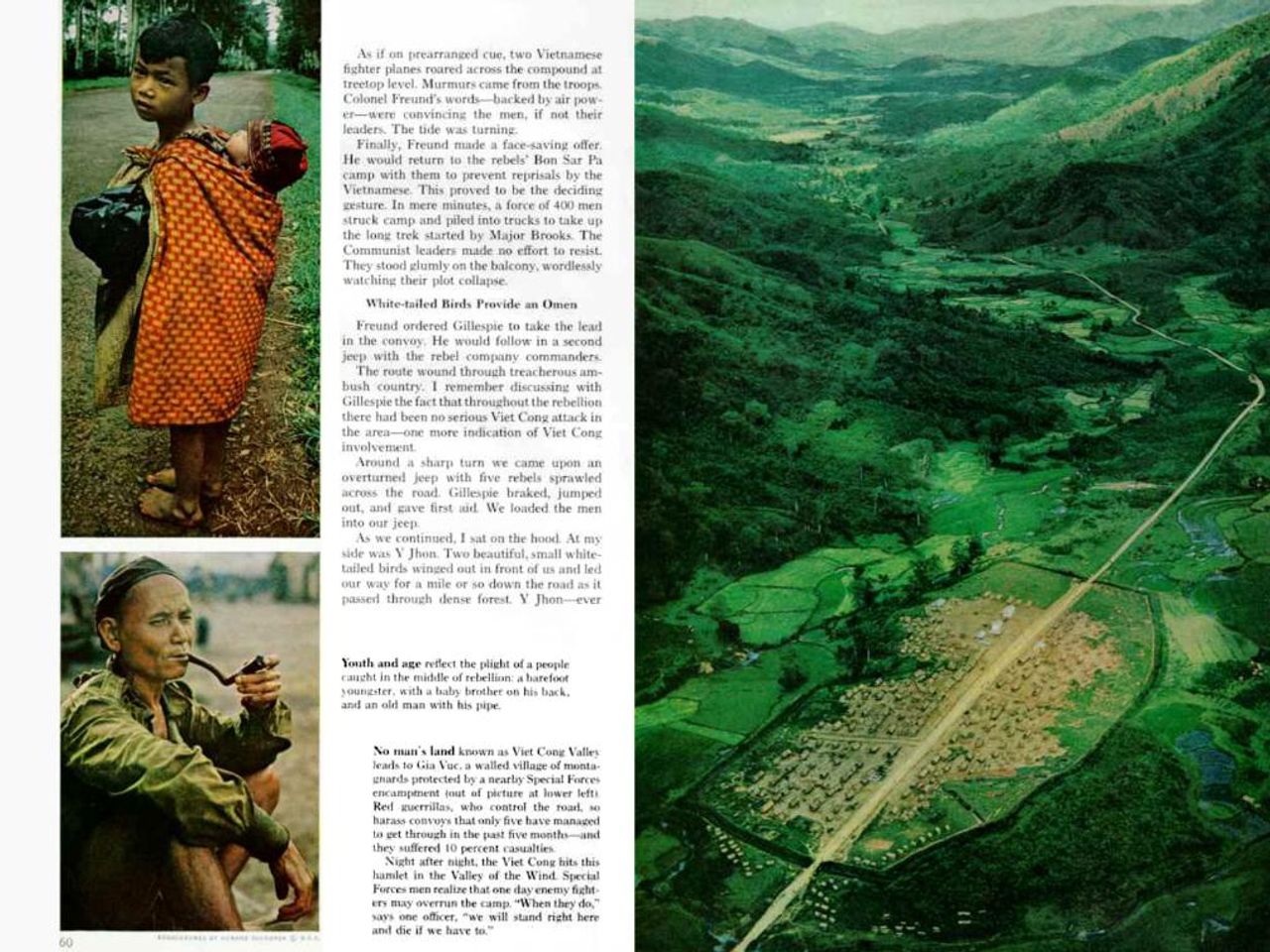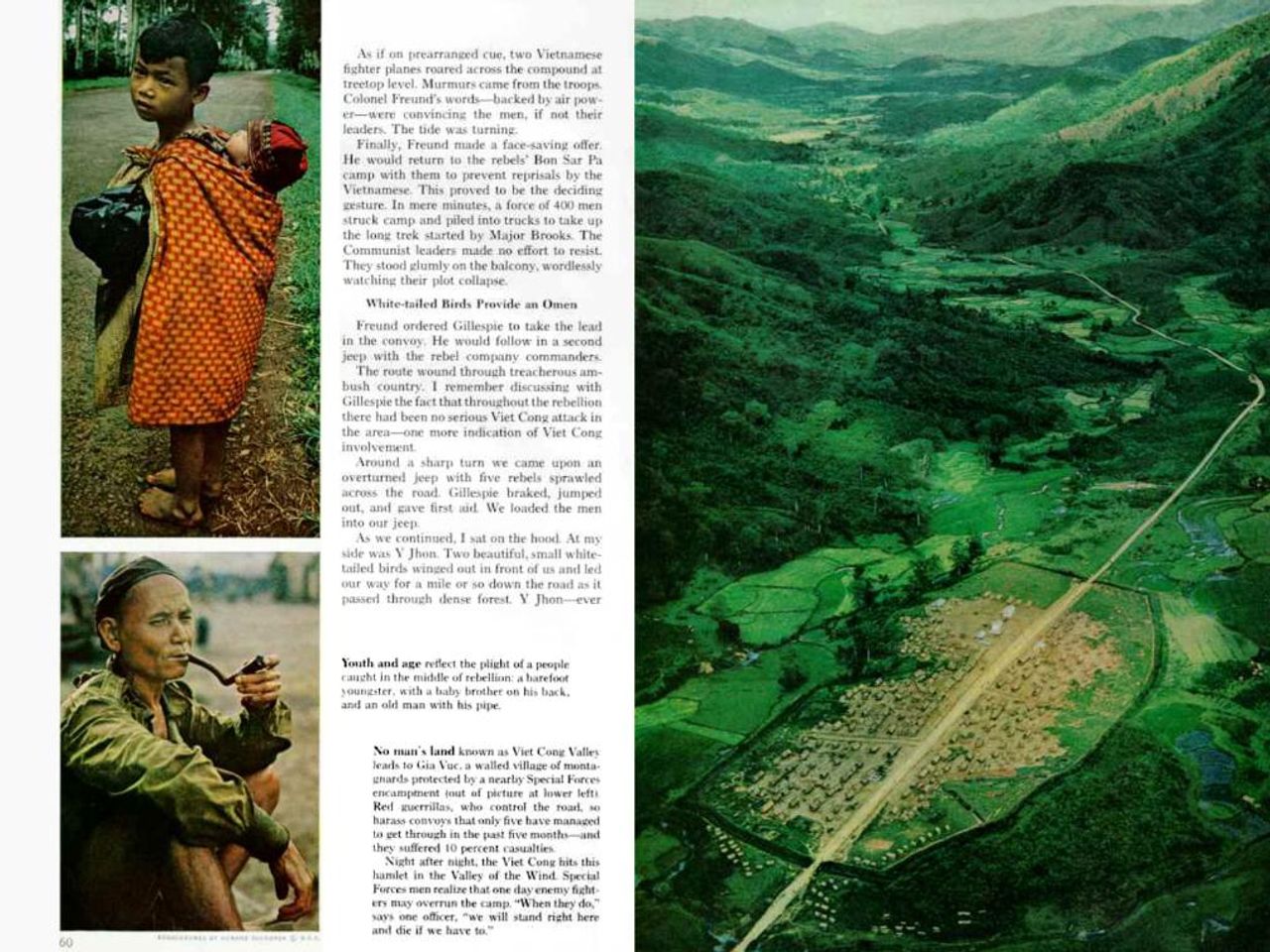A Tight Knit Alliance: Putin and Xi's Strong Partnership on Display in Moscow
- *
Russian President Putin and Chinese President Xi strengthened their alliance in Moscow, confirming their close partnership. - Russian President Putin and Chinese Leader Xi strengthen mutual cooperation in Moscow meeting
Vladimir Putin, the Russian President, and Chinese leader Xi Jinping recently reaffirmed their close partnership during a meeting in Moscow, coinciding with the 80th anniversary of the end of World War II. Putin stated, "The Russian-Chinese foreign policy bond is the most crucial stabilizing factor on the international stage, given the tumultuous geopolitical climate and global uncertainties." Notably, Putin failed to address the 2022 Russian invasion of Ukraine as a contributing factor to these challenges.
In an invitation as the main guest, Putin welcomed Xi to be part of the Soviet Union's victory over Nazi Germany commemorations. The traditional Moscow celebrations consist of a grand military parade on Red Square on May 9, which has garnered sharp criticism in the West amid concerns about the display of weapons alongside the ongoing war in Ukraine.
Beijing maintains an official stance of neutrality in the Ukraine conflict, leading to international scrutiny for supporting Russia's invasion. This meeting in Moscow could intensify those criticisms.
Joint Declaration on Stability and Peace Initiatives
In a joint declaration, Russia and China stand committed to resolving crises by political means, addressing both immediate and underlying issues. A peaceful resolution calls for dialogue, and the international community should be involved in resolving ongoing conflicts. However, the document published on the Kremlin's website does not make it evident whether this applies specifically to resolving the Ukrainian conflict.
Moscow and Beijing aim to intensify their cooperation to maintain and strengthen global stability and tackle shared threats. They also agreed to prevent space militarization, ensuring that outer space is not used for acts of armed aggression. Experts predict that both nations, along with the US, are already developing concrete plans for the military use of space.
In light of the current geopolitical climate, both sides expressed their opposition to the escalation of armed conflicts. Regrettably, the Russian invasion of Ukraine has fueled fears of potential conflict expansion in the former Soviet republics and escalated tensions, causing many European nations to arms race.
Moscow and Peking join forces in outlawing nuclear warfare, reaffirming their commitment to the January 3, 2022, joint statement by the leaders of the five nuclear-weapon states on the prevention of a nuclear war and the avoidance of an arms race. Since the onset of the Ukrainian conflict three years ago, Russia has repeatedly threatened to deploy nuclear weapons.
Expanding Trade Ties
According to the Chinese state agency Xinhua, Xi highlighted that China and Russia have strengthened their mutual political trust in the face of unfamiliar global changes during their meeting.
China sees Russia as a crucial automobile market. Both countries vow to stand together against "unilateralism and unfathomable harassment," a term that China frequently utilizes in reference to its trade disputes with the US. Unilateralism refers to a state's focus on their own interests without considering international partners and organizations.
On the other hand, China is a prominent buyer of Russian resources such as natural gas and oil, a crucial source of revenue for Putin's war fund. Russia's Energy Minister, Sergei Ziwiljov, expressed confidence that Russia would find other buyers if the EU decides to cease purchasing Russian gas by 2027. Ziwiljov once again described Western sanctions imposed as a result of Russia's invasion of Ukraine as baseless.
- Bilateral Relations
- World War II
- Ukraine Conflict
- Vladimir Putin
- Xi Jinping
- NATO
- Moscow
- Asia-Pacific
- Crisis Resolution
- Militarization of Space
Insights
- The joint declaration expresses opposition to NATO's expansion in the Asia-Pacific region, condemning the potential creation of militarized blocs with nuclear capabilities in the area[1].
- Russia has called for a joint mission to accurately preserve historical memory, especially regarding World War II, emphasizing the importance of shared values in maintaining historical truth[2].
- Both leaders aim to counteract what they perceive as the US's "dual containment" policies, which seek to isolate both Russia and China[3].
- China reaffirmed its support for the one-China policy as part of their mutual commitment[3].
- The meeting served as an opportunity for Russia to invite a large Chinese military contingent to participate in the Victory Day parade, signifying the deepening military ties between the two nations[1].
- The Council of Russian-Chinese foreign policy bond, in Putin's assertion, is a crucial Council for stabilizing the global politics, given the uncertainties and tumultuous geopolitical climate.
- In the joint declaration on stability and peace initiatives, the Council of Russia and China have agreed on resolving crises through political means, addressing both immediate and underlying issues, but it remains unclear whether this applies specifically to resolving the Ukrainian conflict.
- Despite the international scrutiny over Beijing's neutral stance in the Ukraine conflict, the Council of China and Russia strengthened their political trust during the Moscow meeting, with China viewing Russia as a crucial market for automobiles.
- In light of the Russian invasion of Ukraine and resulting geopolitical tensions, both sides continue to voice their opposition to the escalation of armed conflicts and have reaffirmed their commitment to preventing the militarization of space.








